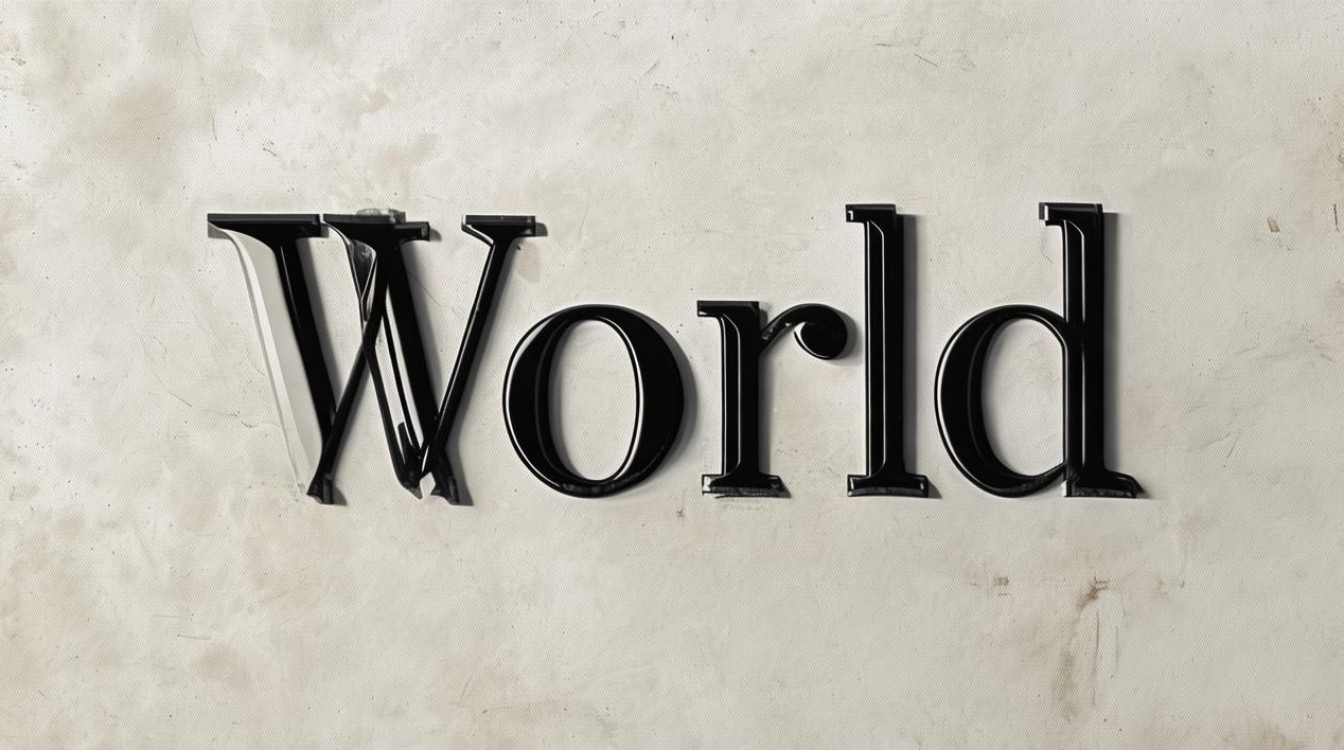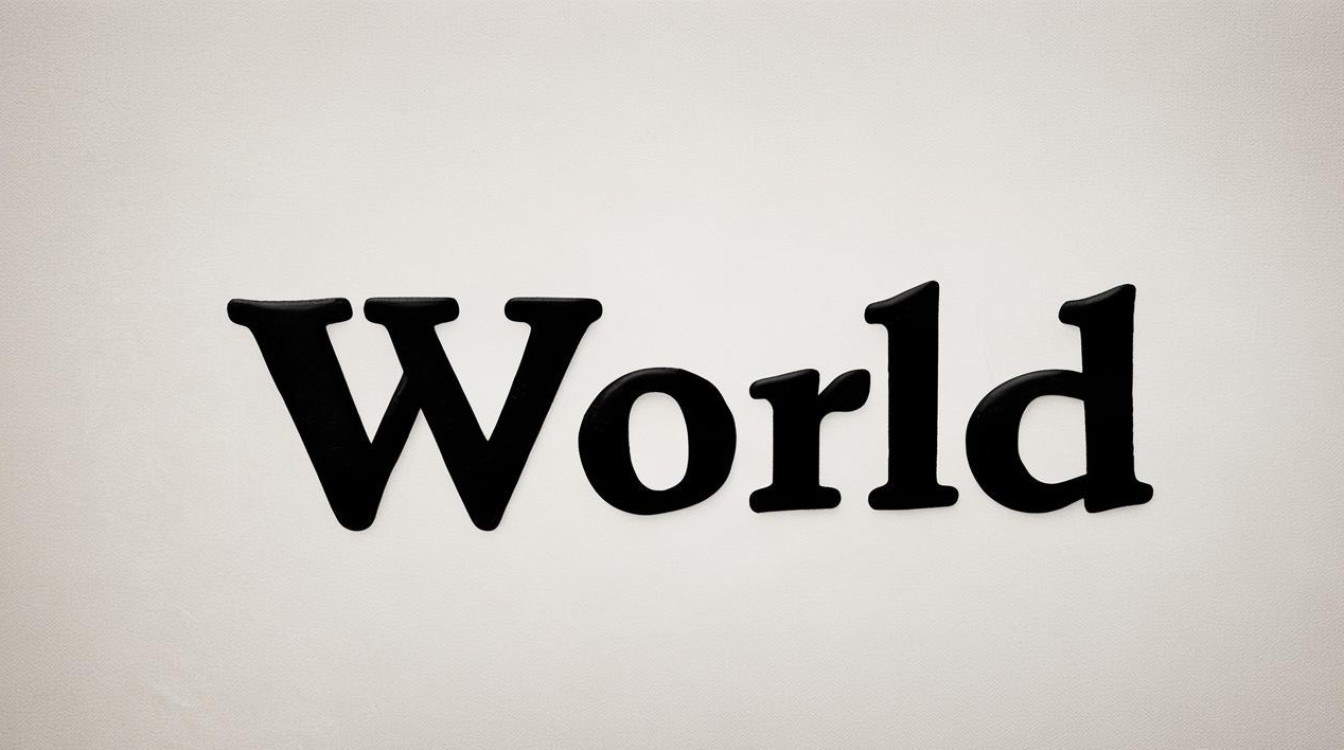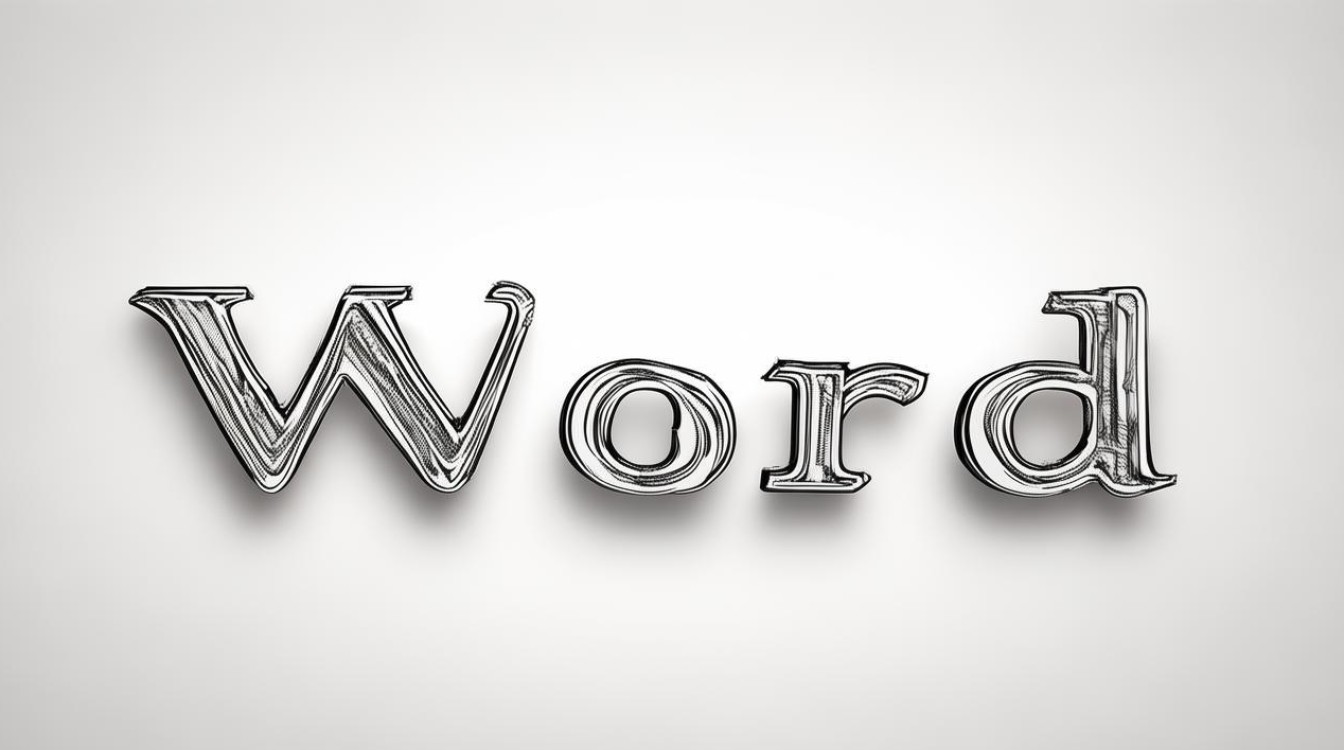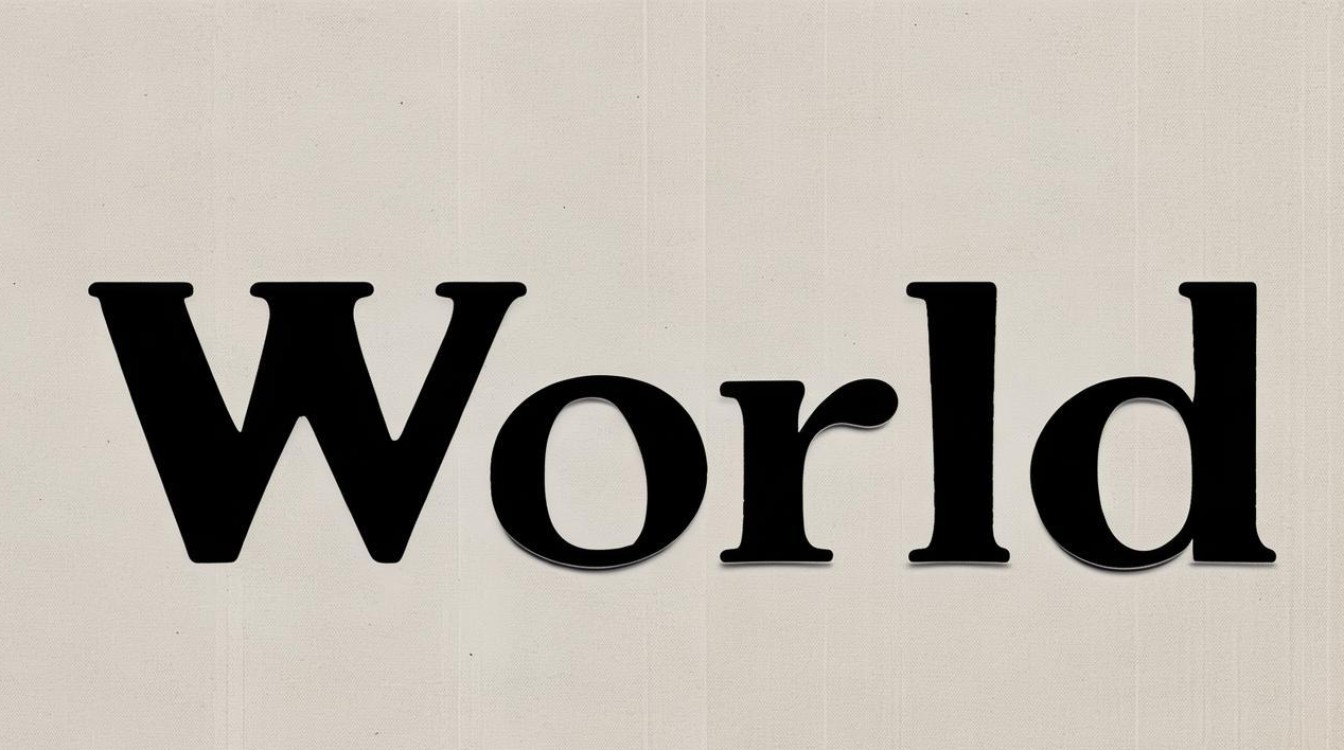Understanding how to describe the visual form of words is essential for language learners, designers, and educators. The term "word shape" refers to the physical appearance of a word, including its letters, spacing, and overall structure. In English, this concept is commonly expressed in several ways, depending on context.

Common Terms for Word Shape
-
Word Shape
The most straightforward translation is simply "word shape." This phrase is widely understood in linguistic and typographic discussions. For example:- The word shape of "hello" is distinct due to its ascending and descending letters.
-
Letter Formation
When focusing on how individual letters combine to create a word, "letter formation" is often used. This term is particularly relevant in handwriting and early education.- Children practice letter formation to improve word recognition.
-
Typographic Layout
In design contexts, "typographic layout" refers to how words are arranged visually, including font choice, spacing, and alignment.
- A clean typographic layout enhances readability.
-
Visual Word Form
In cognitive psychology and reading research, "visual word form" describes how the brain processes written words based on their appearance.- The visual word form area in the brain helps recognize words quickly.
Why Word Shape Matters
Recognizing word shapes improves reading speed and comprehension. Studies show that fluent readers rely on the overall outline of words rather than analyzing each letter. This is why fonts with clear, distinct shapes are preferred for educational materials.
In design, word shape influences branding and user experience. A well-chosen typeface can make text more engaging, while poor letter spacing may hinder readability.

Practical Applications
- Language Learning: Teachers use word shape exercises to help students recognize vocabulary faster.
- Accessibility: Dyslexia-friendly fonts optimize letter shapes for easier reading.
- Marketing: Logos often manipulate word shapes to create memorable branding.
Misconceptions About Word Shape
Some believe that word shape recognition is only about the silhouette of a word. However, factors like kerning (letter spacing) and serifs (small strokes at the ends of letters) also play a role.
For instance, the words "moon" and "noon" have similar shapes but differ in meaning. Context and letter details help distinguish them.
Enhancing Word Shape Recognition
To improve word shape awareness:

- Practice with varied fonts – Exposure to different typefaces strengthens visual memory.
- Use highlight techniques – Bolding or coloring key letters can emphasize shape.
- Engage in word puzzles – Games like crosswords reinforce pattern recognition.
Final Thoughts
Whether you're a student, designer, or linguist, understanding word shapes enhances communication. The right terminology helps articulate ideas clearly, while visual familiarity speeds up reading. Choosing the best way to describe word structure depends on your field—whether it's "letter formation" for handwriting or "typographic layout" for design.
By paying attention to word shapes, we unlock smoother reading experiences and more effective visual communication.

